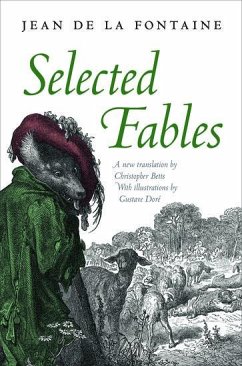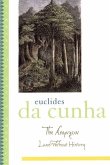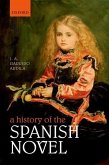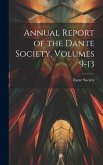La Fontaine's verse fables turned the traditional folktales derived from Aesop and a range of Oriental sources into some of the greatest, and best-loved, poetic work in French. His versions of stories such as 'The Hare and the Tortoise' and 'The Wolf and the Lamb' are witty and sophisticated, satirizing human nature in miniature dramas in which the outcome is always unpredictable. The behaviour of both animals and humans is usually centred on deception and
cooperation (or the lack of it), as they cheat and fight each other, arguing about life and death, property and food, in an astonishing variety of narrative styles. The fables have long been popular with all ages, though their ironic take on contemporary society in French aristocratic circles is best
appreciated by adults.
This new translation by Christopher Betts matches the original in inventiveness and subtlety. It includes half of the fables first published in twelve books between 1668 and 1693, across the full range of subjects and themes. The fables are illustrated with a selection of Gustave Doré's majestic engravings, and an introduction offers insights into La Fontaine's life and literary artistry.
Hinweis: Dieser Artikel kann nur an eine deutsche Lieferadresse ausgeliefert werden.
cooperation (or the lack of it), as they cheat and fight each other, arguing about life and death, property and food, in an astonishing variety of narrative styles. The fables have long been popular with all ages, though their ironic take on contemporary society in French aristocratic circles is best
appreciated by adults.
This new translation by Christopher Betts matches the original in inventiveness and subtlety. It includes half of the fables first published in twelve books between 1668 and 1693, across the full range of subjects and themes. The fables are illustrated with a selection of Gustave Doré's majestic engravings, and an introduction offers insights into La Fontaine's life and literary artistry.
Hinweis: Dieser Artikel kann nur an eine deutsche Lieferadresse ausgeliefert werden.








